Professor Dimitrios Buhalis has been developing research on Metaverse and has published a range of high-impact journal articles with colleagues around the world. Look forward to collaborate with Bournemouth University colleagues to develop this critical area.
Buhalis, D., Leung, D., Lin, M., 2023, Metaverse as a Disruptive Technology Revolutionising, Tourism Management and Marketing, Tourism Management, Accepted – forthcoming https://www.academia.edu/94737378/
Buhalis, D., Lin, M., Leung, D., 2023, Metaverse as a driver for hospitality customer experience and value co-creation: implications for hotel and tourism management and marketing” International Journal of Contemporary Hospitality Management, Vol.35, https://doi.org/10.1108/IJCHM-05-2022-0631
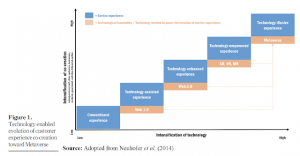
Koohang, A, Nord, J, Ooi, K, Tan, G, Al-Emran, M, Aw, E, Baabdullah, A, Buhalis, D, Cham, T, Dennis, C, Dutot, V, Dwivedi, Y, Hughes, L, Mogaji, E., Pandey, N, Phau, I, Raman, R, Sharma, A, Sigala, M, Ueno, A and Wong, L (2023) Shaping the metaverse into reality: multidisciplinary perspectives on opportunities, challenges, and future research. Journal of Computer Information Systems. ISSN 0887-4417 https://www.academia.edu/94457087
Dwivedi, Y., Hughes, L., Wang, Y., Alalwan, A.A., Ahn, S., Balakrishnan, J., Barta, S., Belk, R., Buhalis, D., Dutot, V., Felix, R., Filieri, R., Flavián, C., Gustafsson, A., Hinsch, C., Hollensen, S., Jain, V., Kim, J., Krishen, A., Lartey, J., Pandey, N., Ribeiro-Navarrete, S., Raman, R., Rauschnabel, P., Sharma, A., Sigala, M., Veloutsou, C., Wirtz, J.,, 2023, How metaverse will change the future of marketing: Implications for Research and Practice, Psychology and Marketing, http://doi.org/10.1002/mar.21767
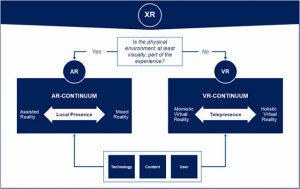
Dwivedi, Y., Hughes, L., Baabdullah, A., Ribeiro-Navarrete, S., Giannakis, M., Al-Debei, M, Dennehy, D., Metri, B., Buhalis, D., Cheung, C., Conboy, K, Doyle, R., Goyal, D.P, Gustafsson, A., Jebabli, I., Young-Gab Kim, Kim, J., Koos; S., Kreps, D., Kshetri, Kumar, V., Oui, K., Papagiannidis, S., Pappas, I., Polyviou, A., Park, S., Pandey, N., Queiroza, M., Raman, R., Rauschnabel, R., Shirish, A., Sigala, M., Spanaki, K., Wei-Han Tana, G., Tiwari, M., Viglia, G., Fosso Wamba, 2023, Metaverse beyond the hype: Multidisciplinary perspectives on emerging challenges, opportunities, and agenda for research, practice and policy International Journal of Information Management, Vol.66, October 2022, 102542 https://doi.org/10.1016/j.ijinfomgt.2022.102542
Buhalis D., Karatay N. (2022) Mixed Reality (MR) for Generation Z in Cultural Heritage Tourism Towards Metaverse. In: Stienmetz J.L., Ferrer-Rosell B., Massimo D. (eds) Information and Communication Technologies in Tourism 2022. ENTER 2022. Springer, Cham. pp. 16–27, https://doi.org/10.1007/978-3-030-94751-4_2
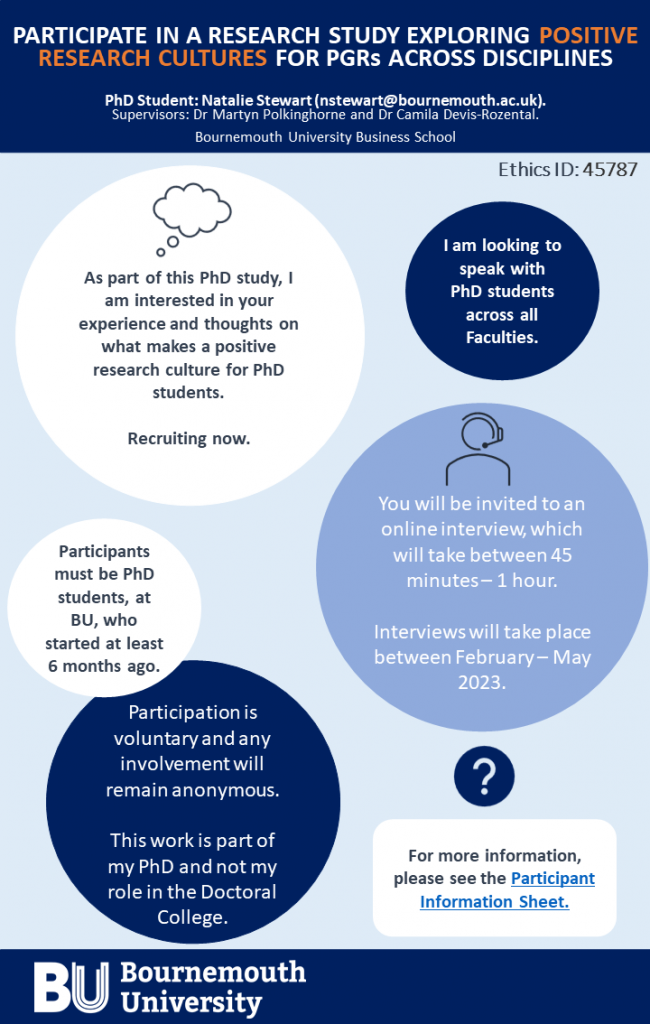

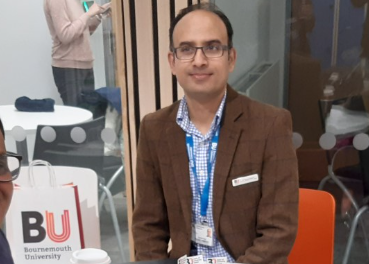
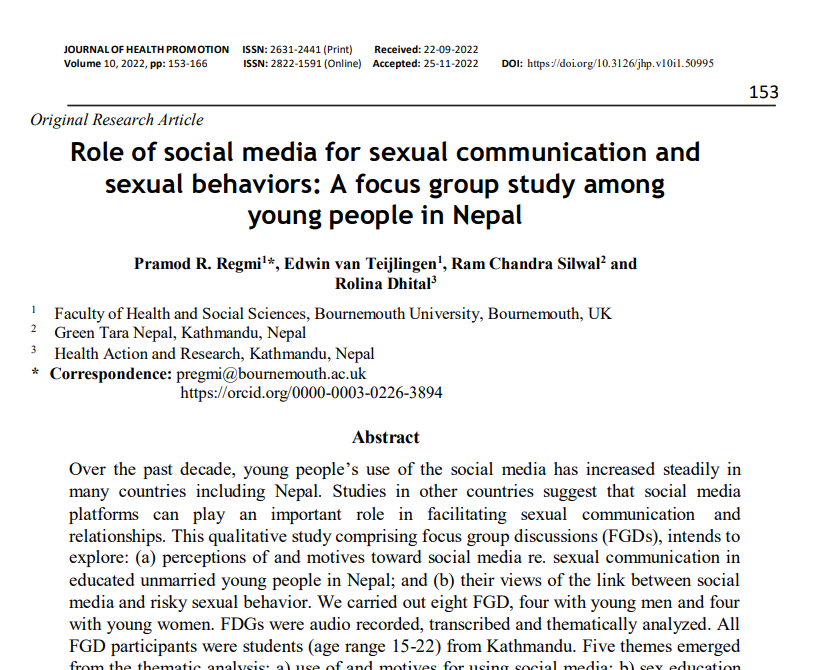



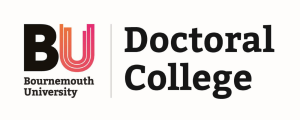
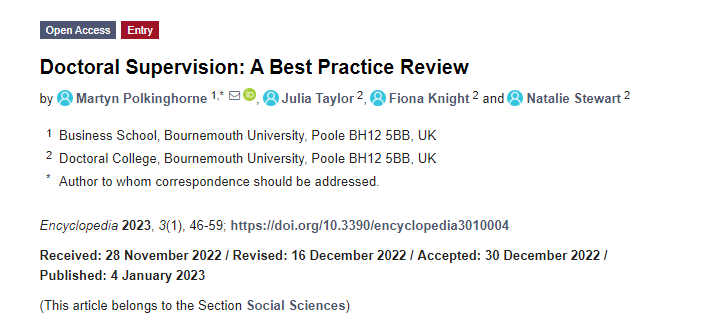
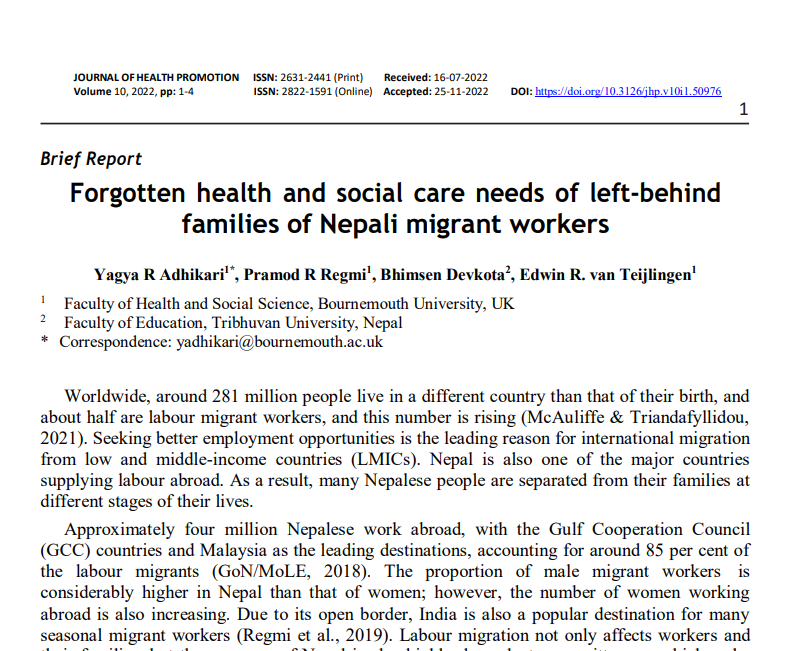



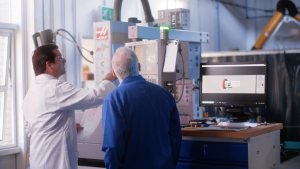
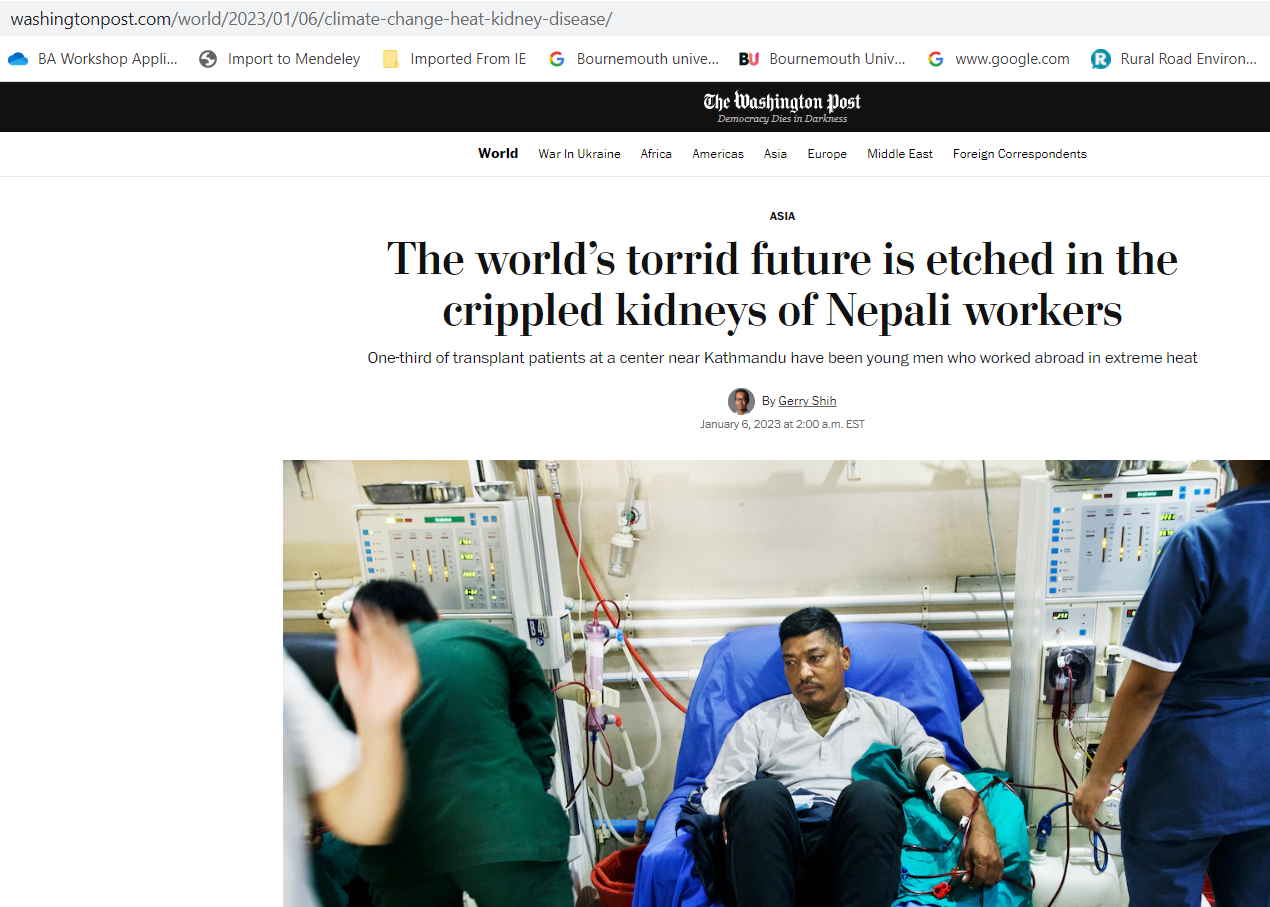

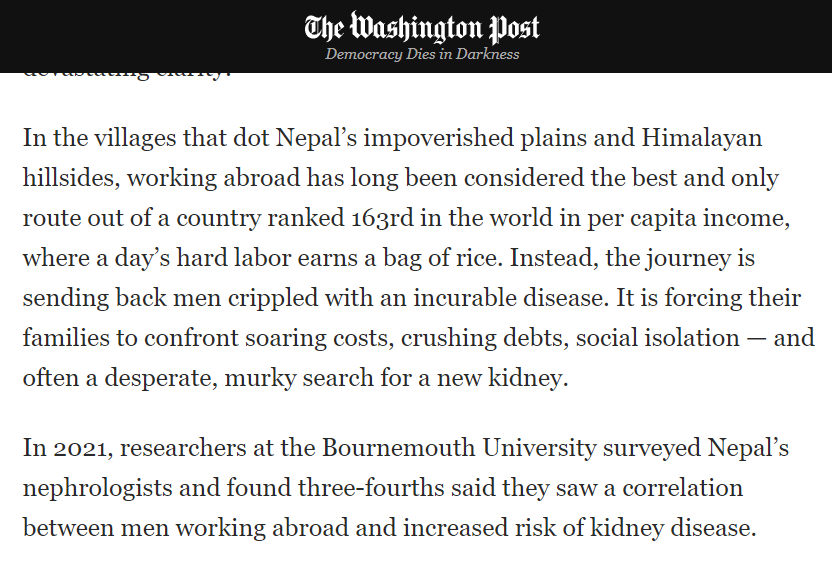











 REF Code of Practice consultation is open!
REF Code of Practice consultation is open! BU Leads AI-Driven Work Package in EU Horizon SUSHEAS Project
BU Leads AI-Driven Work Package in EU Horizon SUSHEAS Project Evidence Synthesis Centre open at Kathmandu University
Evidence Synthesis Centre open at Kathmandu University Expand Your Impact: Collaboration and Networking Workshops for Researchers
Expand Your Impact: Collaboration and Networking Workshops for Researchers ECR Funding Open Call: Research Culture & Community Grant – Apply now
ECR Funding Open Call: Research Culture & Community Grant – Apply now ECR Funding Open Call: Research Culture & Community Grant – Application Deadline Friday 12 December
ECR Funding Open Call: Research Culture & Community Grant – Application Deadline Friday 12 December MSCA Postdoctoral Fellowships 2025 Call
MSCA Postdoctoral Fellowships 2025 Call ERC Advanced Grant 2025 Webinar
ERC Advanced Grant 2025 Webinar Update on UKRO services
Update on UKRO services European research project exploring use of ‘virtual twins’ to better manage metabolic associated fatty liver disease
European research project exploring use of ‘virtual twins’ to better manage metabolic associated fatty liver disease